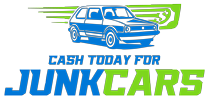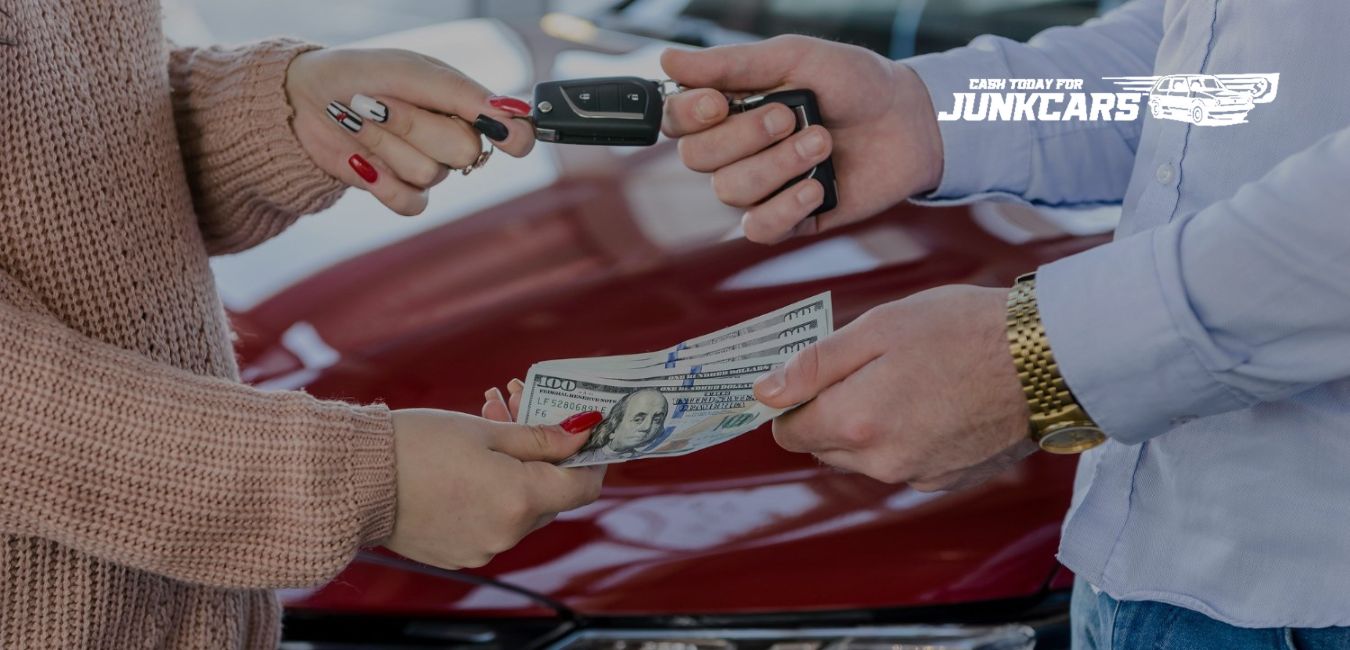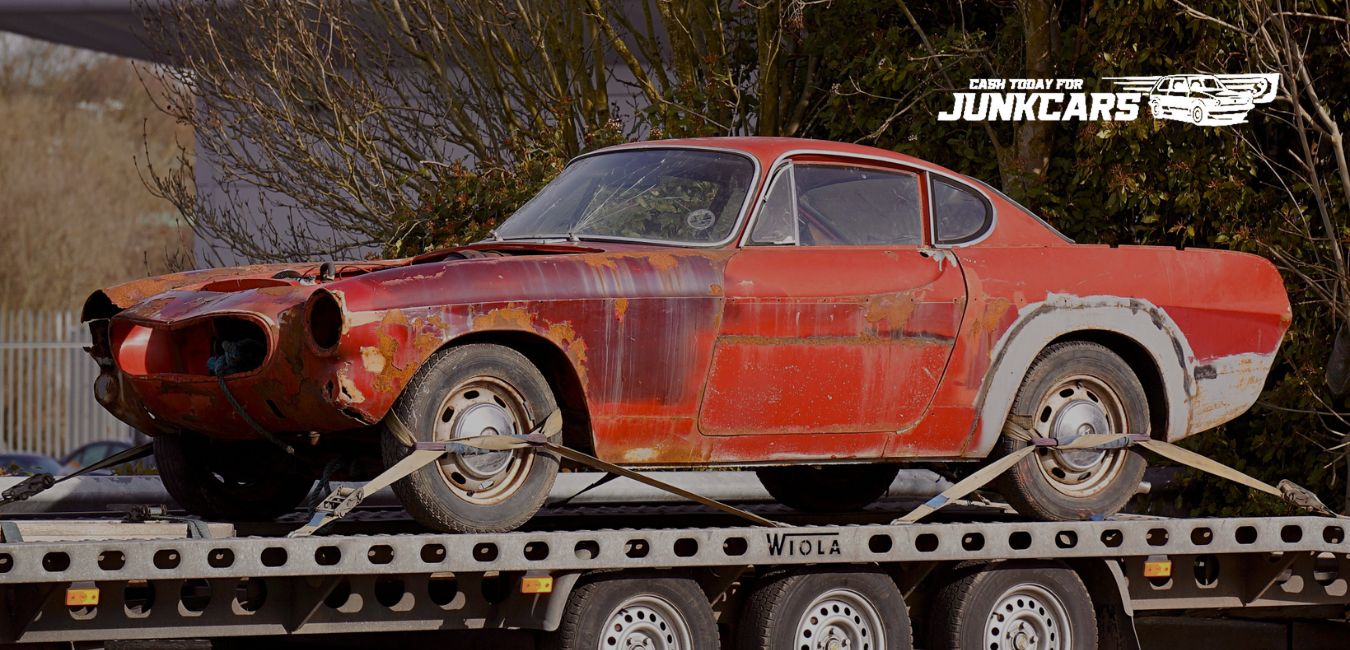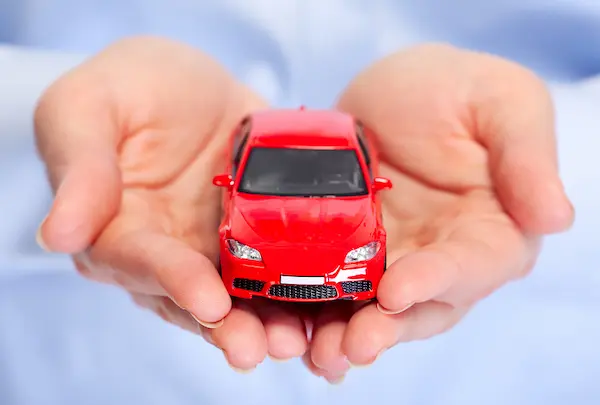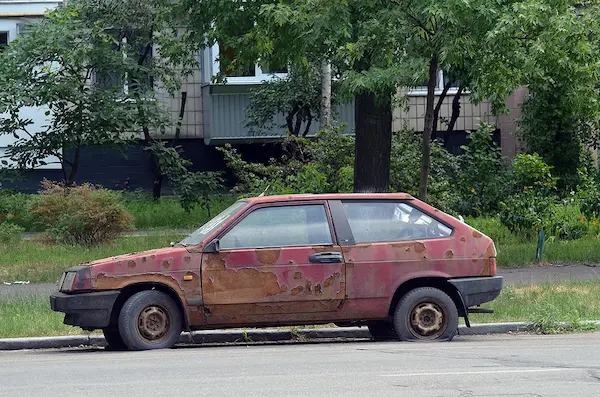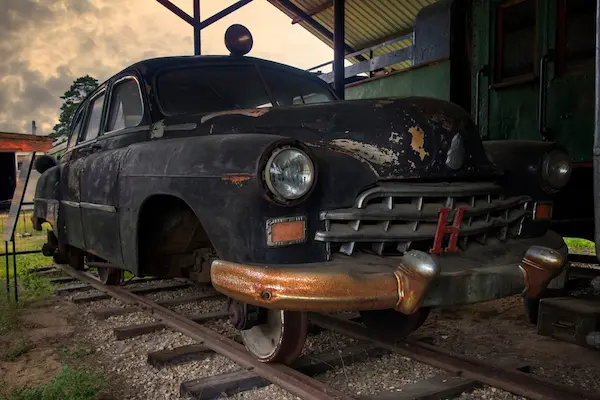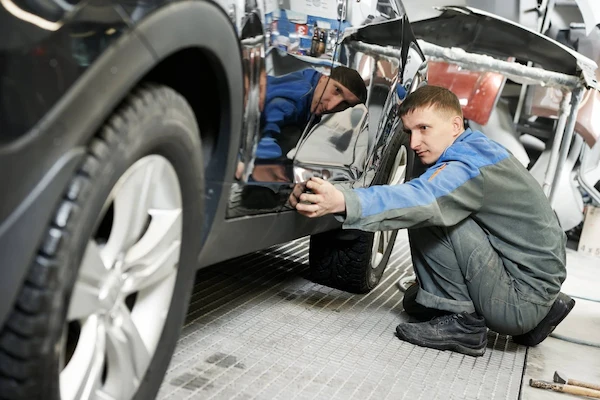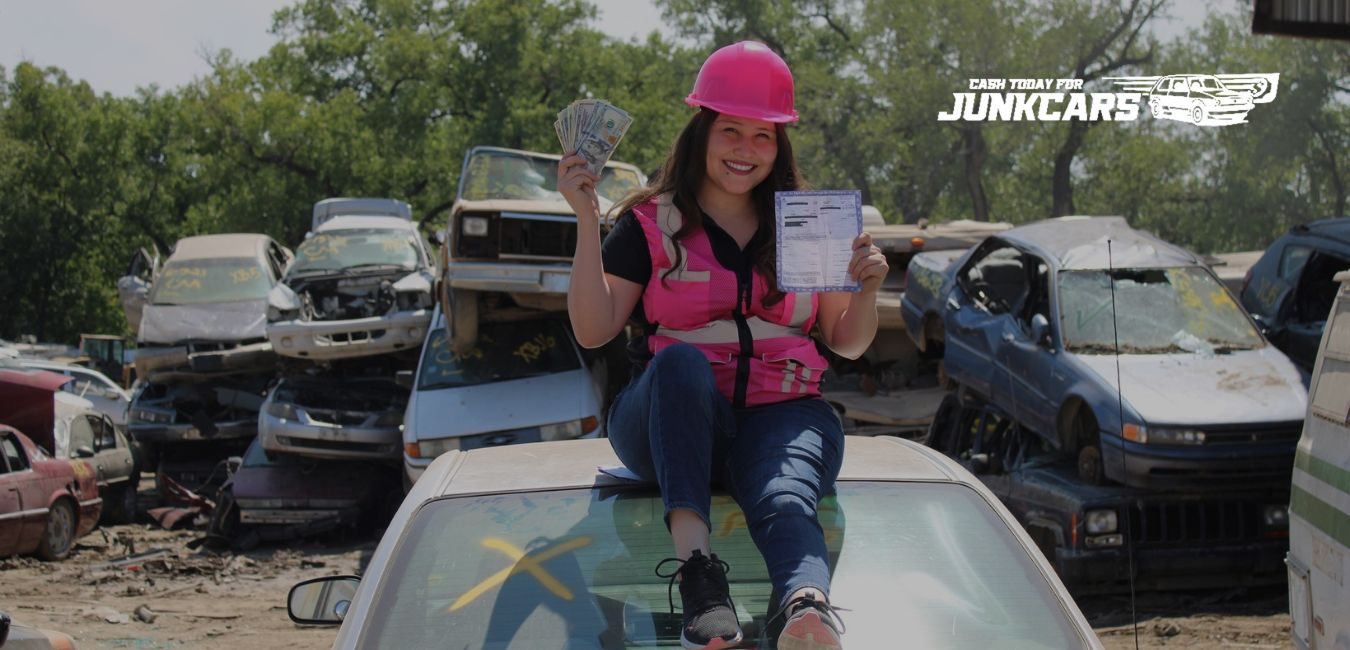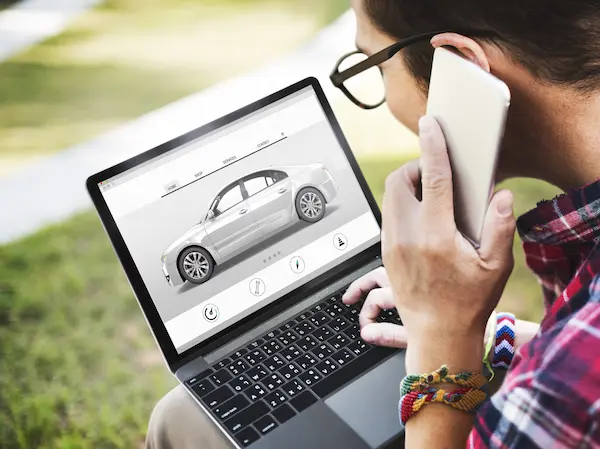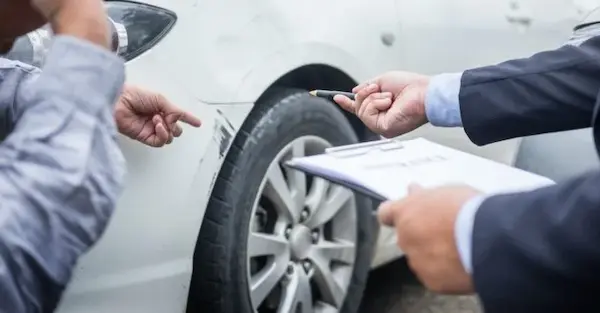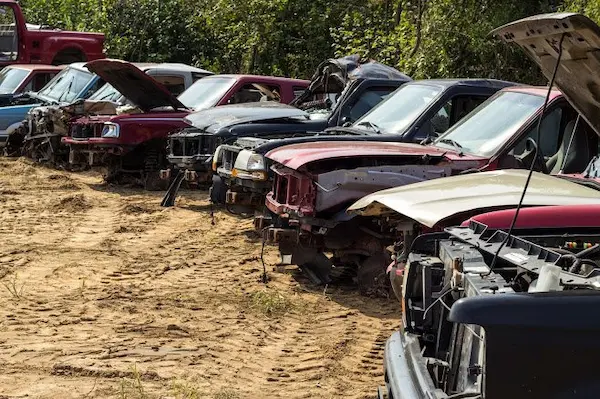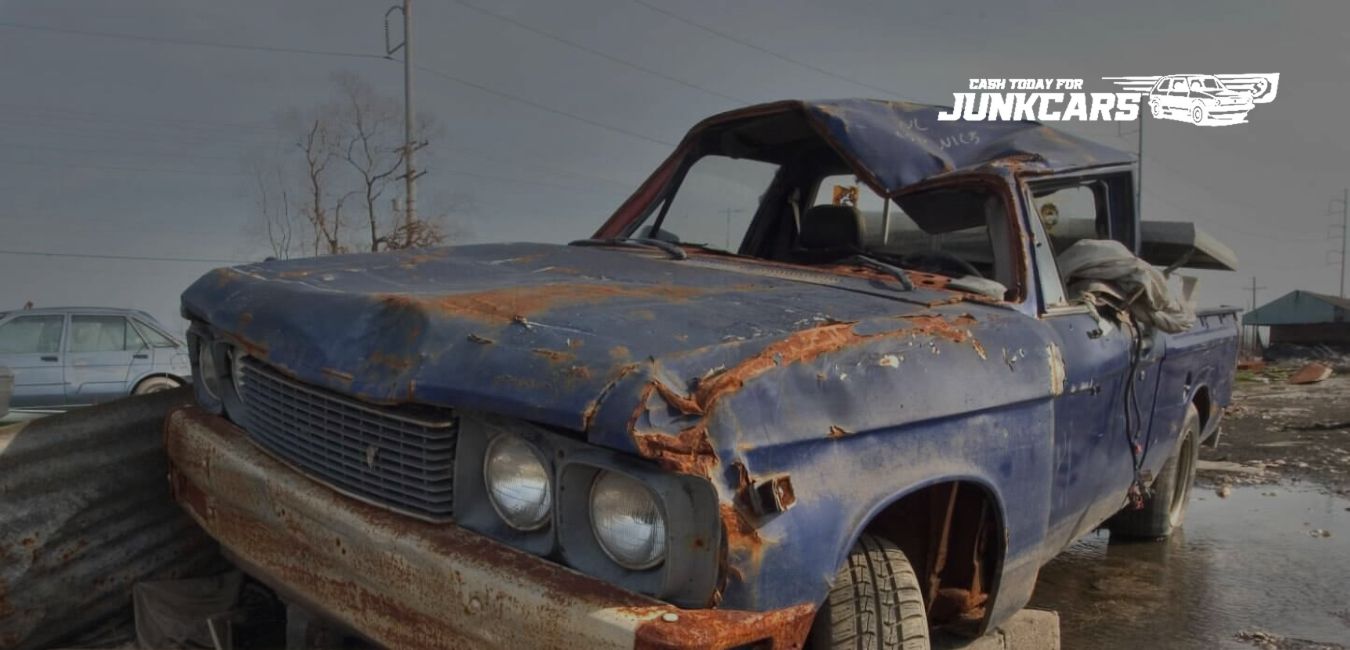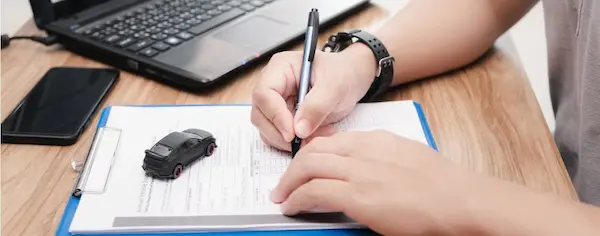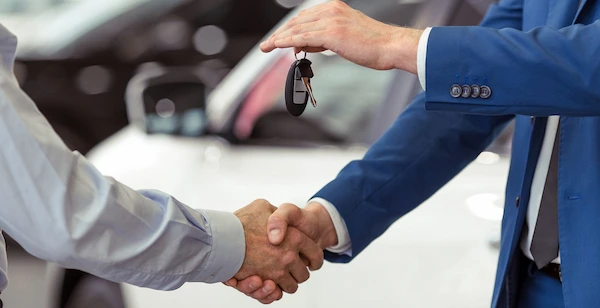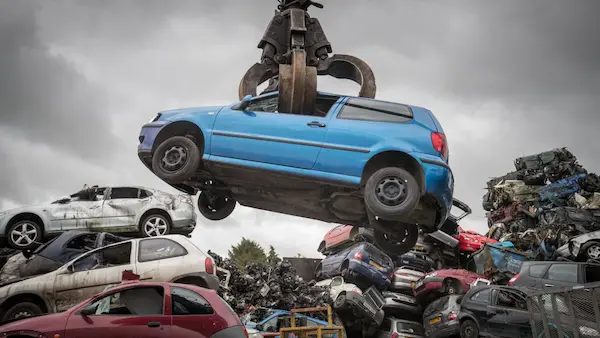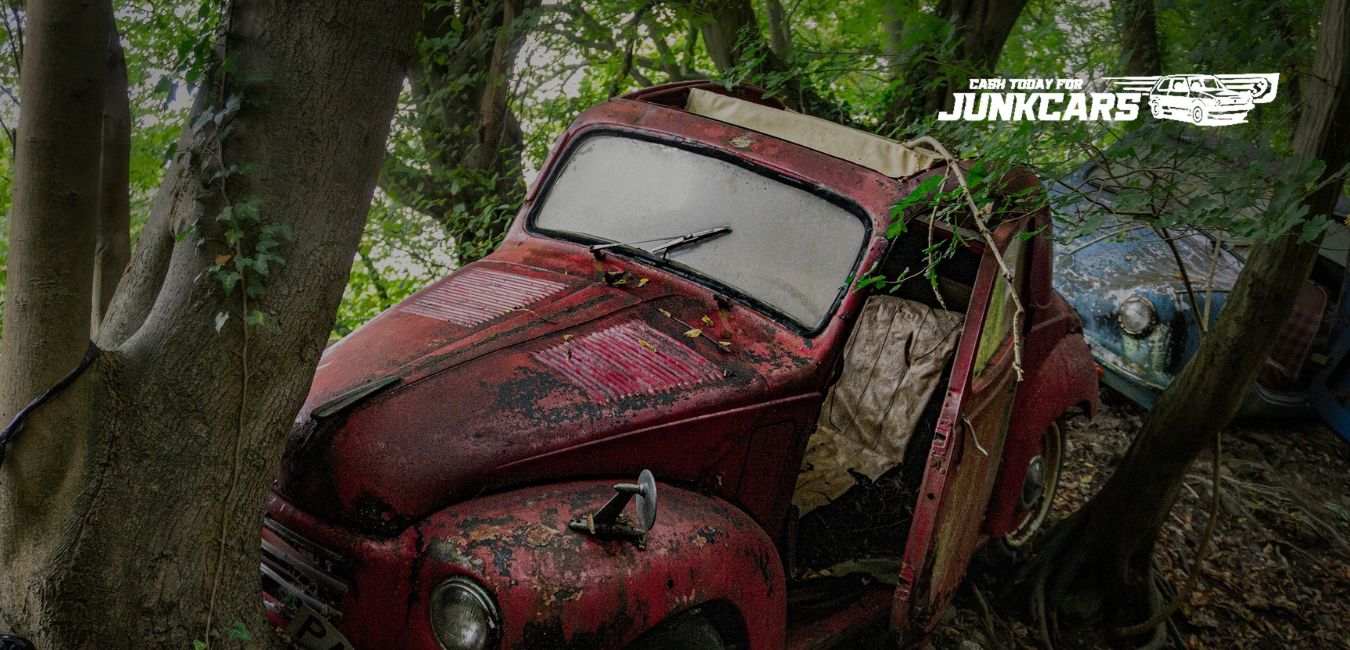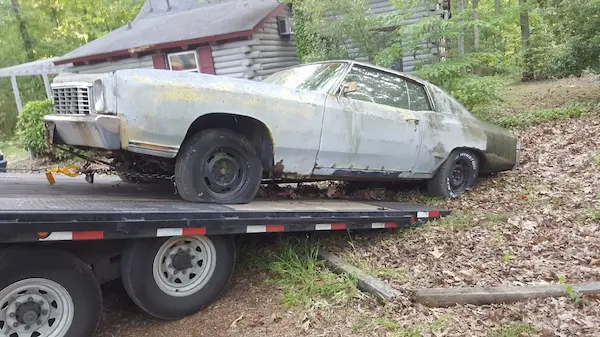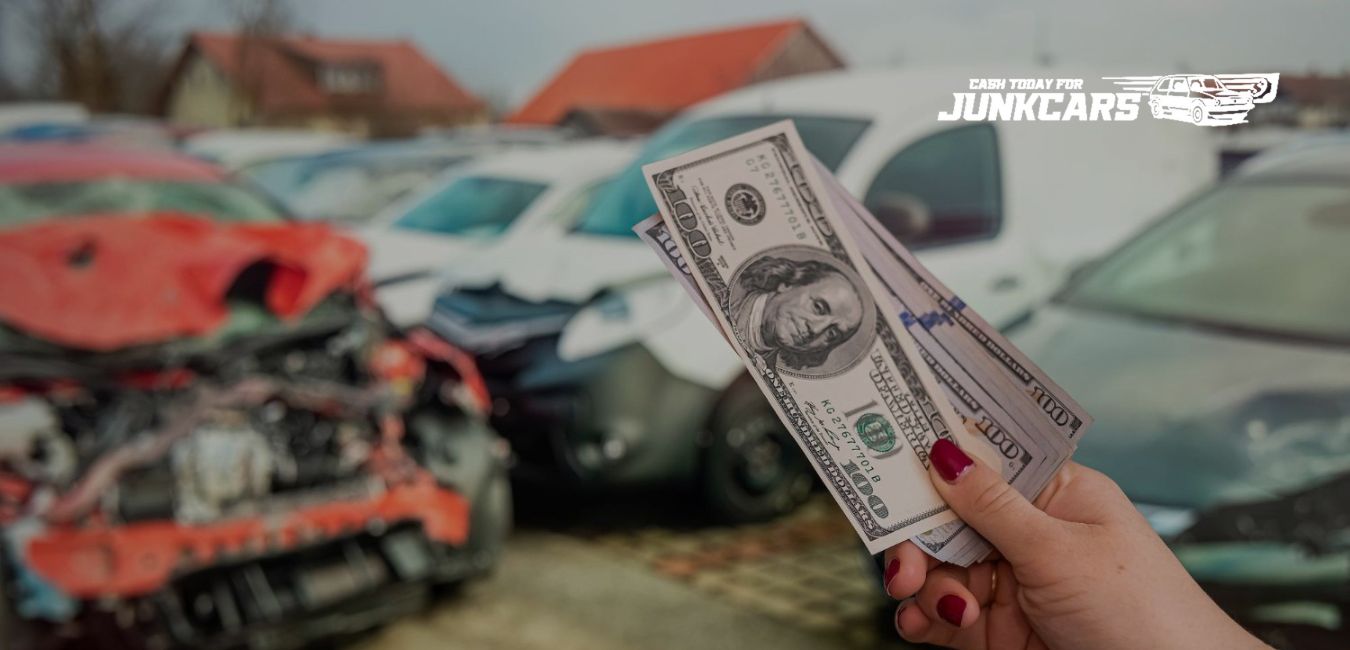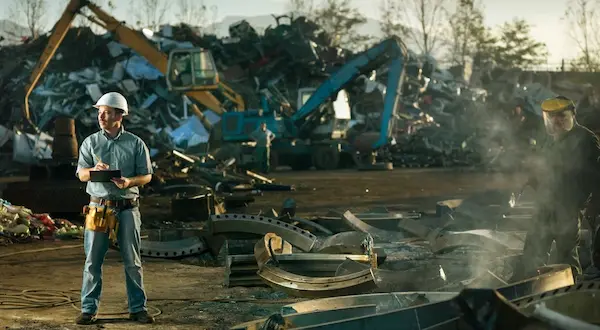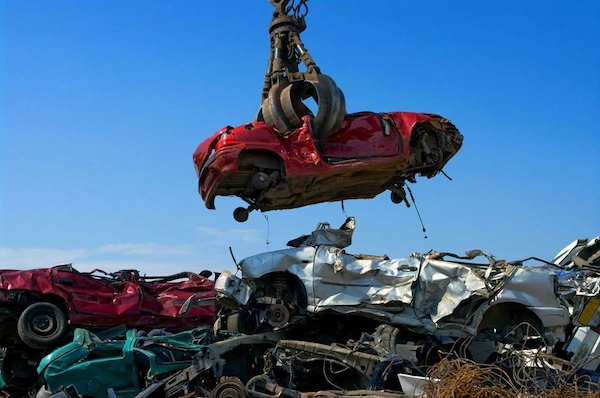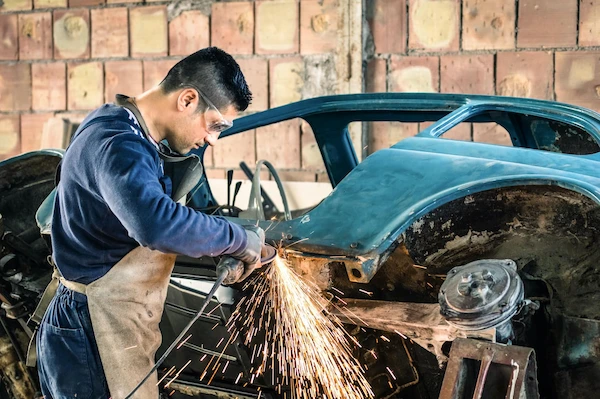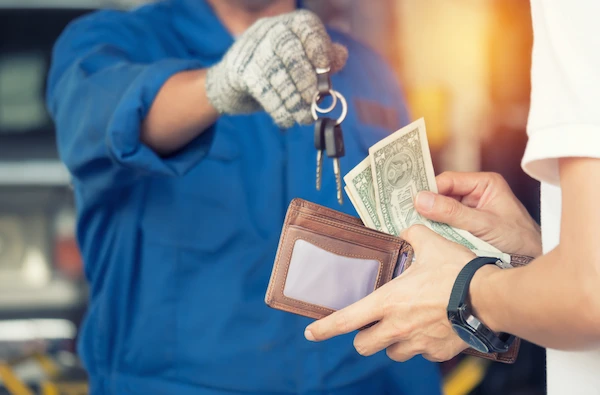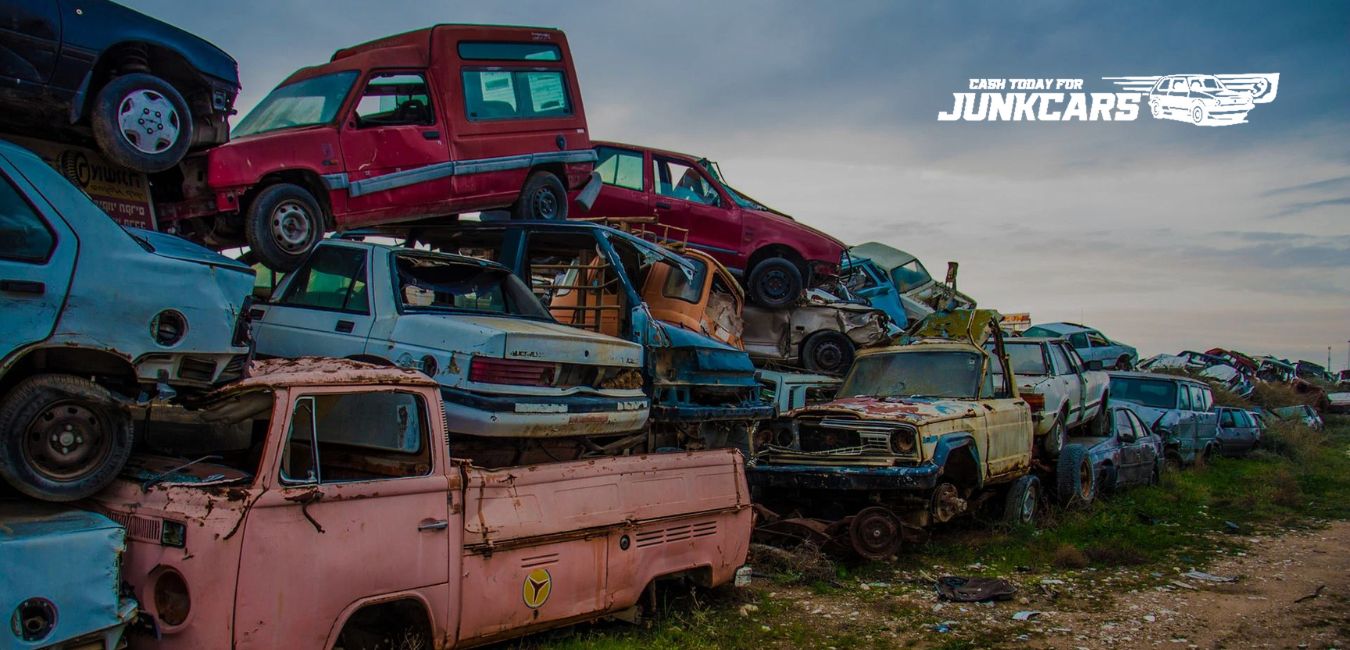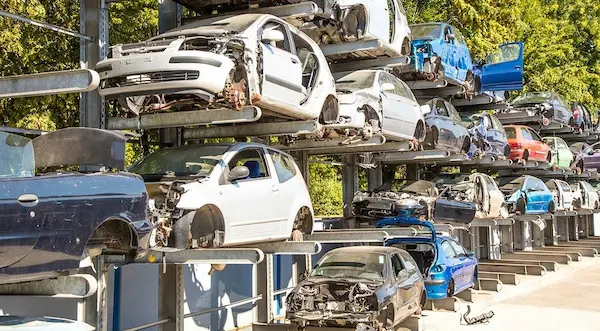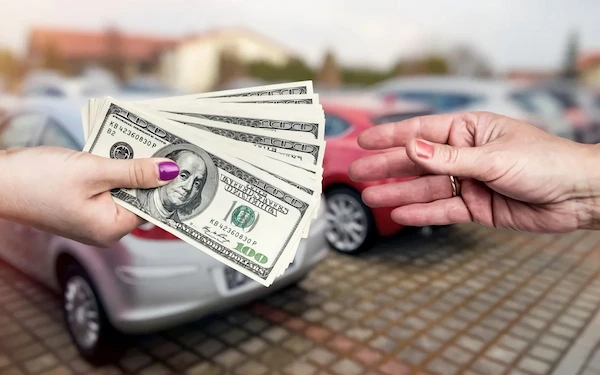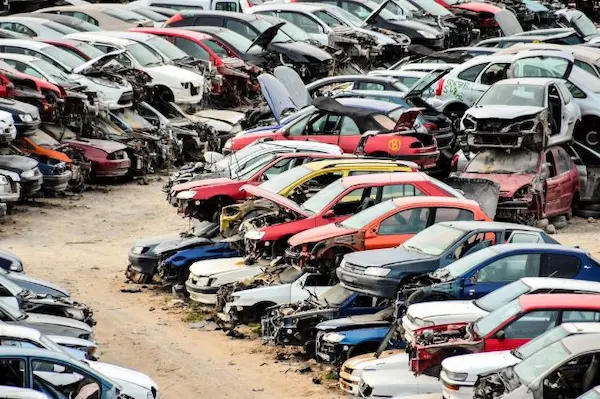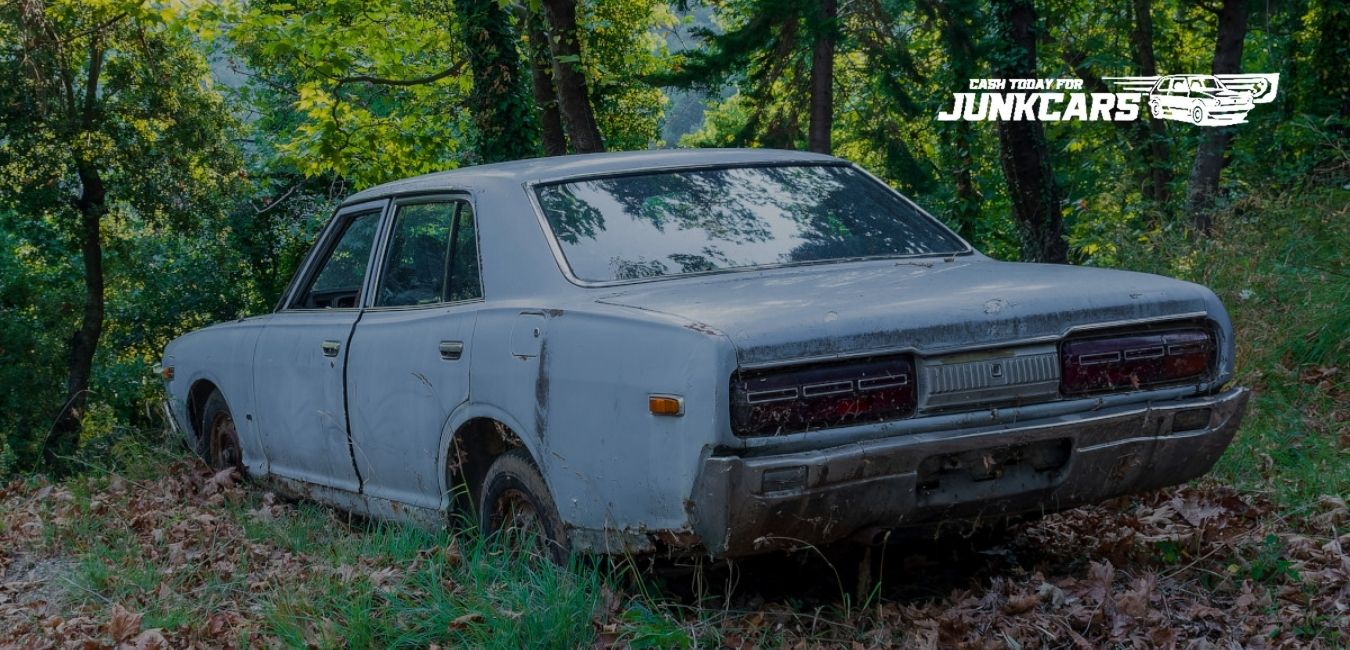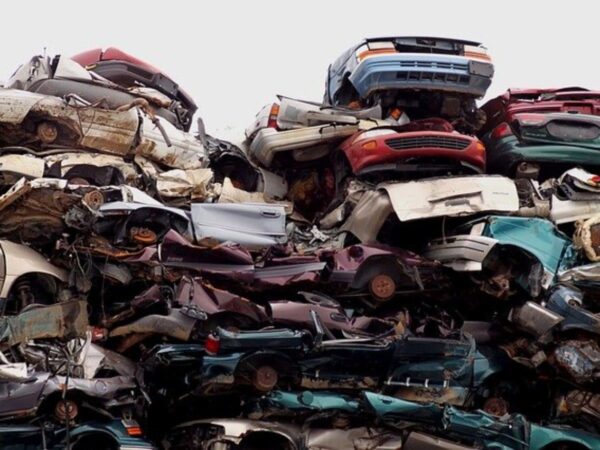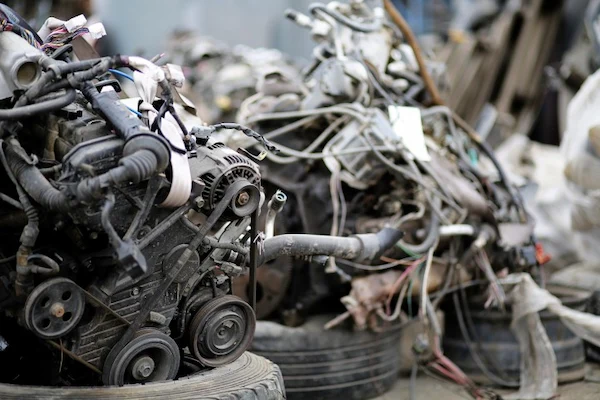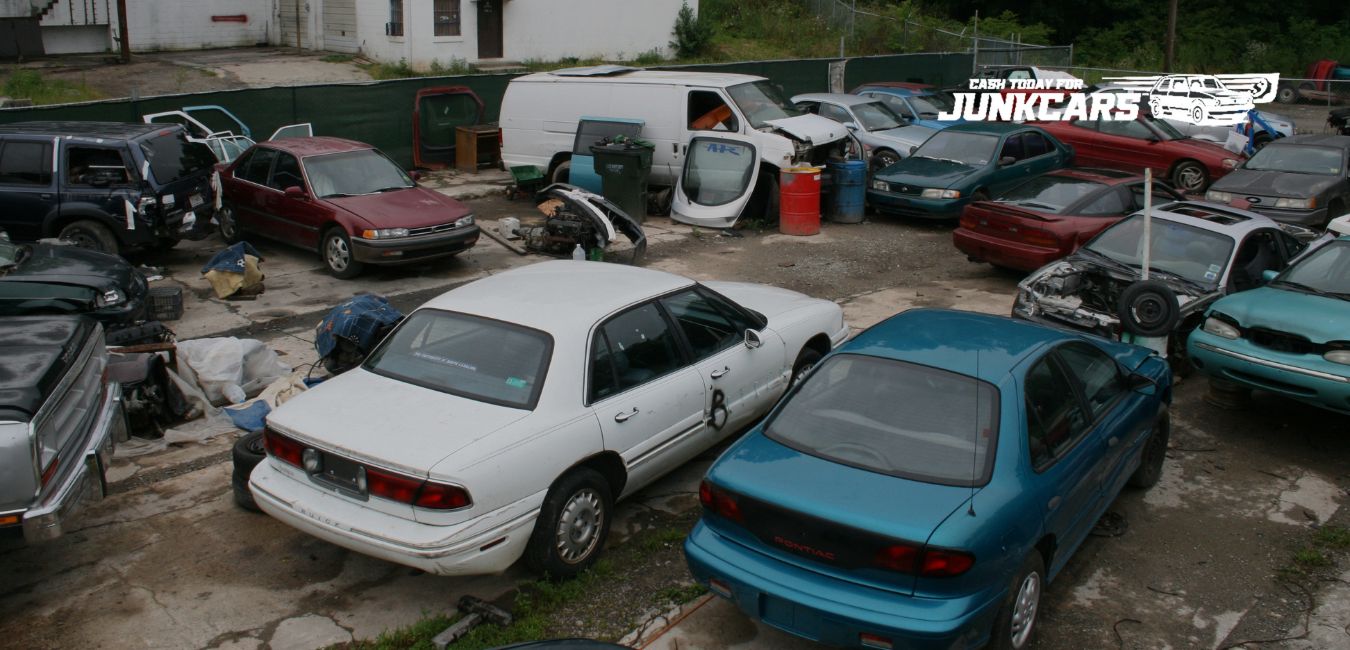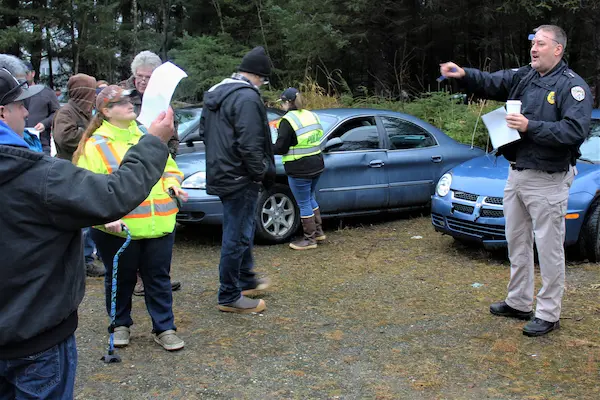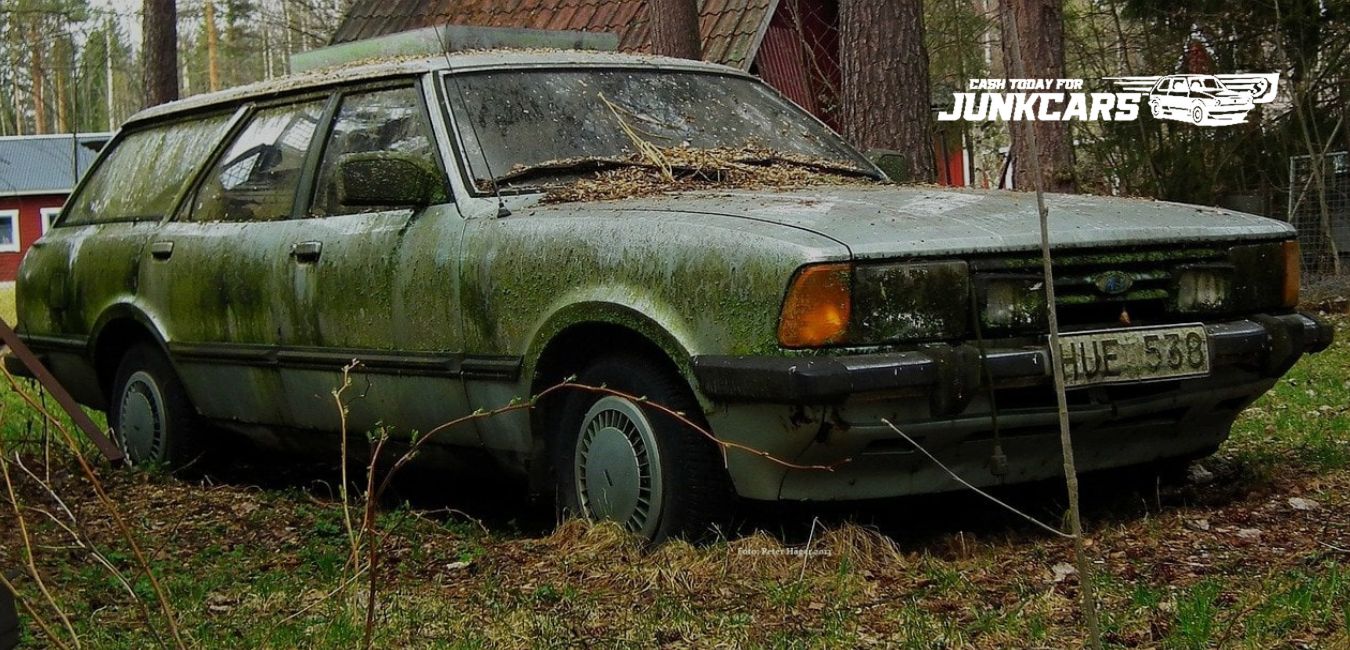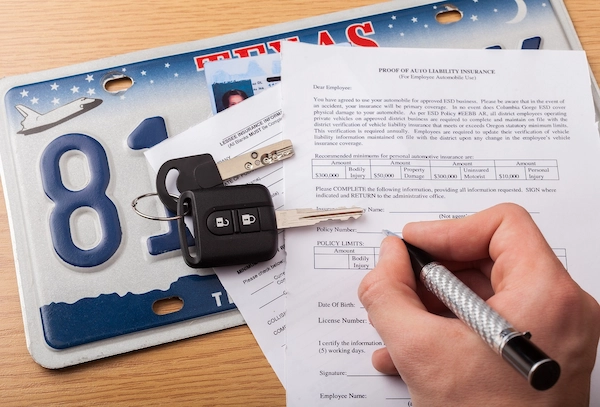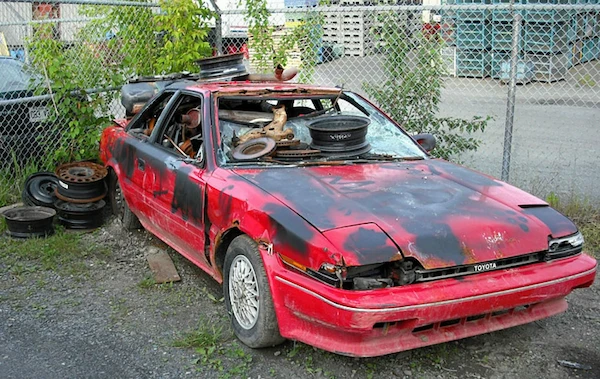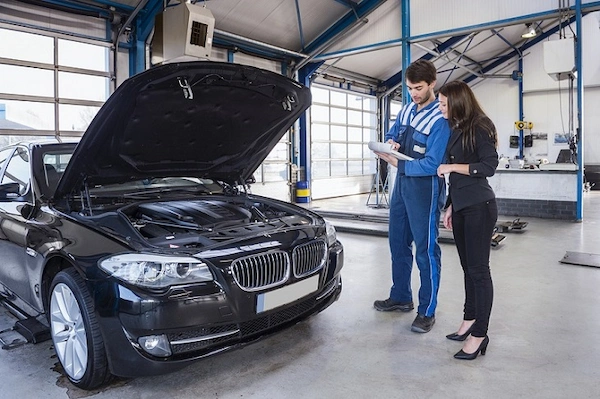Have you ever wondered how can you trade in a junk car? Read this article to get the details.
Yes! Trading in a junk car is easy. Find a reputable buyer. Get your car assessed. Agree on a price. They’ll pick it up and give you cash. Have the paperwork ready. It’s a convenient way to get rid of your junk car and get money.
So, instead of letting your old, unwanted car sit there, why not trade it in for something better? Let’s learn more about it.
Assessing Your Junk Car
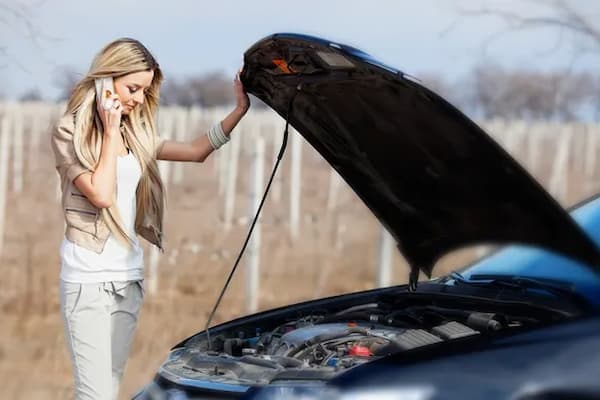
Let’s learn how to assess your junk car first.
Vehicle Evaluation
You can trade in a junk car by finding a trustworthy buyer. They will check the car’s condition and offer a fair price. When you agree, they’ll handle the paperwork.
Give you cash when they pick up the car. It’s an easy and convenient way to trade in a junk car.
Document Preparation
To trade in a junk car, find a good buyer. Let them check its condition. They’ll offer a fair price. When you agree, they’ll handle the paperwork.
Collect your car’s title, registration, and other important papers. This helps make the trade smooth and hassle-free.
Obtain Multiple Quotes
When trading in a junk car, get quotes from different buyers. This way, you can compare offers and choose the best one. Consider price, convenience, and reputation. Getting multiple quotes helps you get the most value for your junk car.
Verify Ownership Status
Before trading in a junk car, make sure you have proof that you own it. This means having the title and registration in your name. Some buyers can also ask for identification. This makes sure the trade goes smoothly for your junk car.
Consider Vehicle History
When trading in a junk car, think about its history. Tell the buyer if the car had accidents or repairs. Be honest and share accurate details. This helps them determine its value and give a fair offer.
Considering the vehicle’s history makes the trade trustworthy and smooth.
Finding A Junk Car Buyer
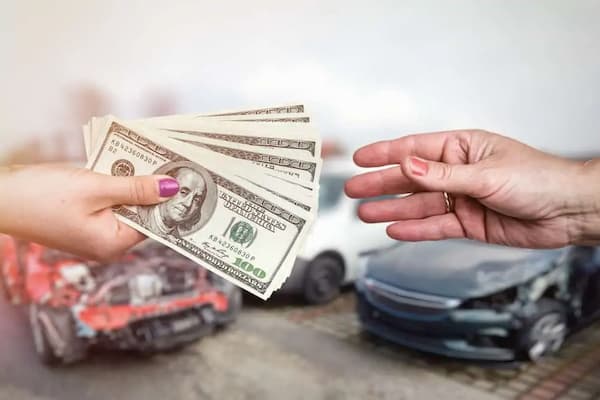
Let’s discuss now how to find a junk car buyer.
Research Local Options
To trade in a junk car, research local buyers. Find ones with good reputations by reading reviews and checking ratings. This helps you find a trustworthy buyer who will give you a fair price.
Researching local options ensures a smooth and reliable trade for your junk car.
Check Online Platforms
To trade in a junk car, check online platforms like Craigslist or AutoTrader. They have buyers for junk cars. Compare prices and read reviews for a smooth trade. Using online platforms gives you more options to trade in your junk car.
Seek Recommendations
To trade in a junk car, ask for recommendations from people you trust, like friends or family. They can suggest reliable junk car buyers based on their own experiences. Getting recommendations ensures a smooth and trustworthy trade for your junk car.
Evaluate Buyer Reputation
Before trading in a junk car, check if the buyer is reputable. Read reviews and ratings to see if they can be trusted. A good buyer will offer fair prices and make the trade smooth. Evaluating their reputation ensures a safe transaction for your junk car.
Compare Offers
When trading in a junk car, compare offers from different buyers. Get quotes and think about things like price, convenience, and reputation. This helps you find the best deal when trading in your junk car.
Negotiating The Trade
Now, we’ll discuss how to negotiate the trade-in detail.
Know Your Car’s Value
When trading in a junk car, find out its value by researching similar cars. Look at factors like age, condition, and mileage. Knowing your car’s value helps you negotiate and get a fair offer when trading it in.
Be Transparent About Condition
When trading in a junk car, be honest about its condition. Tell the buyer about any problems or damages. This helps them value your car correctly and make a fair offer.
Being transparent ensures a smooth and trustworthy trade for your junk car.
Discuss Pick-Up Logistics
When trading in a junk car, plan when and where the buyer will pick up the car. Make sure you have all the documents ready. Discussing the pick-up details helps make the trade smooth and easy for your junk car.
Finalize Price Agreement
When trading in a junk car, agree on the price with the buyer. Make sure you are happy with the offer. Finalizing the price agreement ensures a fair and satisfying trade for your junk car.
Confirm Payment Method
When trading in a junk car, discuss how you will be paid with the buyer. Decide when it will be in cash or another way. This helps make sure the trade goes smoothly and securely for your junk car.
Completing The Junk Car Trade
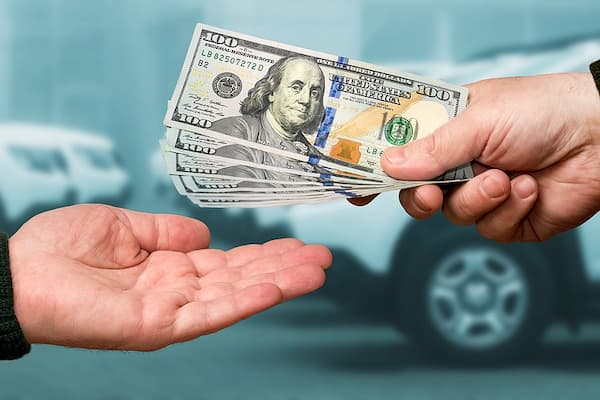
Let’s focus on completing the junk car trade now.
Remove Personal Belongings
Before trading in your junk car, remember to remove any personal belongings from inside the car. Check for any valuable or important items and take them out. This way, you won’t accidentally lose anything when trading in your car.
Transfer Ownership
Don’t forget to transfer ownership correctly when trading in a junk car. Sign the required documents and follow the guidelines from your local DMV. This way, you’ll make sure the ownership is legally transferred, and the trade goes smoothly.
Receive Payment
When selling your junk car, be sure to get paid. Talk to the buyer and agree on how you’ll receive the money. Make sure you get the right amount. This makes sure the trade is fair and goes well.
Obtain Receipt
When trading in a junk car, get a receipt from the buyer. It’s a written proof of the transaction that helps keep records and resolve future questions. Having a receipt ensures a clear and organized trade for your junk car.
Notify Relevant Authorities
When you trade in a junk car, let the Department of Motor Vehicles (DMV) know about the change in ownership. This way, they can update the paperwork and make sure you’re not responsible for the car anymore.
It’s important to notify the authorities to keep everything legal and official.
Benefits Of Trading Junk Cars
Let’s discuss the benefits of trading junk cars now.
Environmental Impact
When trading in a junk car, think about the environment. Dispose of hazardous materials like oil and batteries properly to keep the environment safe. Pick buyers who care about the environment and use recycling programs.
Being aware of the environmental impact makes your trade greener.
Quick Cash Solution
When you have a junk car, you can trade it in for quick cash. Selling your junk car to special buyers gives you money right away. It’s an easy and fast way to turn your car into cash.
Space Optimization
When you trade in your junk car, you’ll have more space by getting rid of it. You can use that space for other useful things. Plus, you can even get cash or other benefits in return!
So, trade in your junk car and enjoy the extra room.
Recycling Contribution
When you trade in your junk car, it can be recycled. This means materials from your car can be reused instead of going to waste. Recycling helps protect the environment and saves resources. So, trading in your junk car contributes to a greener world.
Potential Tax Benefits
You can be eligible for tax benefits when you trade in a junk car. When you donate your car to a charity, you could get a tax deduction. Ask a tax advisor or the IRS to learn more about how you can benefit from donating your junk car.
Challenges And Considerations
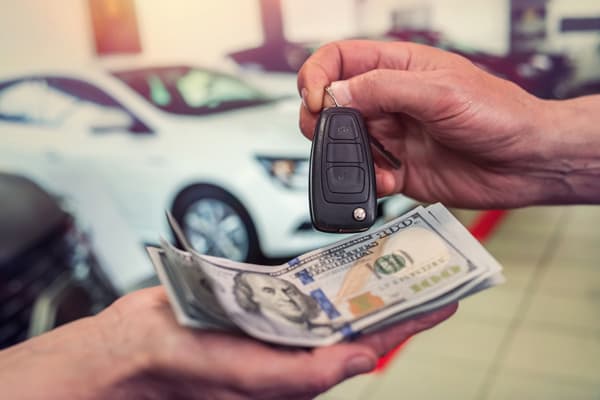
We’ll explain the challenges and considerations now.
Scams And Fraud
When trading in a junk car, be careful of scams and fraud. Make sure to check if the buyer is trustworthy before making a deal. Don’t give money or personal information without being sure.
Being cautious helps protect you from scams and fraud when trading in your junk car.
Legal Compliance
When trading in a junk car, make sure to follow the law. This means doing things like transferring ownership correctly and filling out the necessary paperwork.
It’s important to notify the right people and do everything legally. Following the rules ensures a smooth and fair trade for your junk car.
Towing Expenses
Towing fees for a junk car can range from $50 to $150, depending on the distance and difficulty. It’s important to consider this cost when deciding whether to sell or scrap your car.
Some scrapyards offer free towing, so it’s worth shopping around and getting different quotes. Visit my website for more information on junk car options.
Market Fluctuations
Scrap metal prices for junk cars can change often. Today, you can get $100 to $200, but next week it could be less. The great thing is you have options!
Get quotes from multiple scrapyards to see who offers the best price. Visit my website for more information on market trends and fees. Knowledge is power when bargaining for your junk car!
Choose Reputable Buyers
To avoid problems, choose reputable scrapyards. Find licensed buyers with good online reviews and transparent pricing. Don’t fall for “free tow” offers that can have hidden fees.
Search online for trustworthy buyers. You’ll spot warning signs. Remember, your junk car deserves fair treatment and payment. Visit reputable sites to navigate the scrapyards confidently!
FAQs
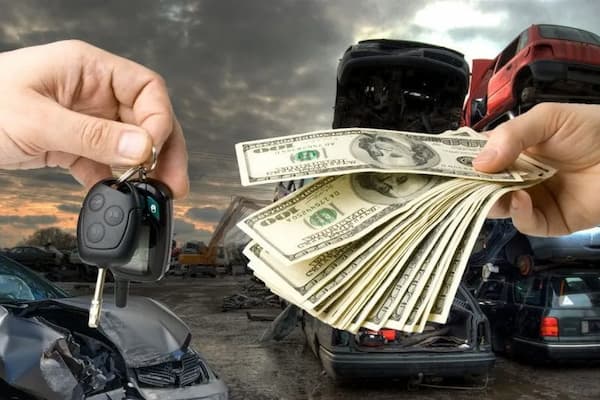
1. What Are The Key Documents Needed When Assessing A Junk Car For Trade?
When assessing a junk car for trade, the key documents needed include the title or ownership transfer paperwork. These also include identification and any maintenance or repair records. These documents help verify ownership. They provide important information about the car’s history.
2. How Can Individuals Find Reputable Buyers For Their Junk Cars?
To find trustworthy buyers for junk cars, look at online reviews, check if they are licensed and certified, and get quotes from different buyers. Ask friends or family for recommendations. This helps ensure you find a reliable buyer.
Can You Trade In A Junk Car: Conclusion
Trading in a junk car is a convenient and beneficial option. It allows you to get rid of your old car and earn some money or other benefits in return. Follow a few important steps.
For example, research reputable buyers, prepare the necessary documents, and ensure a fair price and payment method. All these can let you have a successful trade. Remember to remove personal belongings, transfer ownership, and notify the relevant authorities.
Consider the environmental impact and recycle any hazardous materials. Be informed and careful. Thus you can make the process of trading in your junk car smooth and rewarding.

